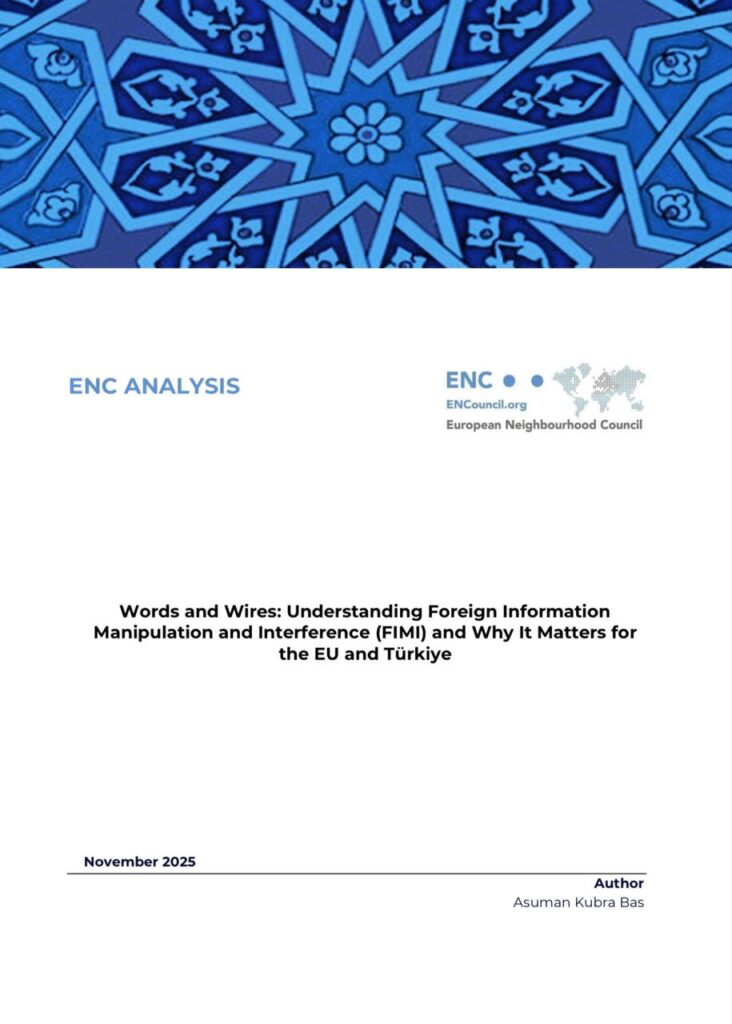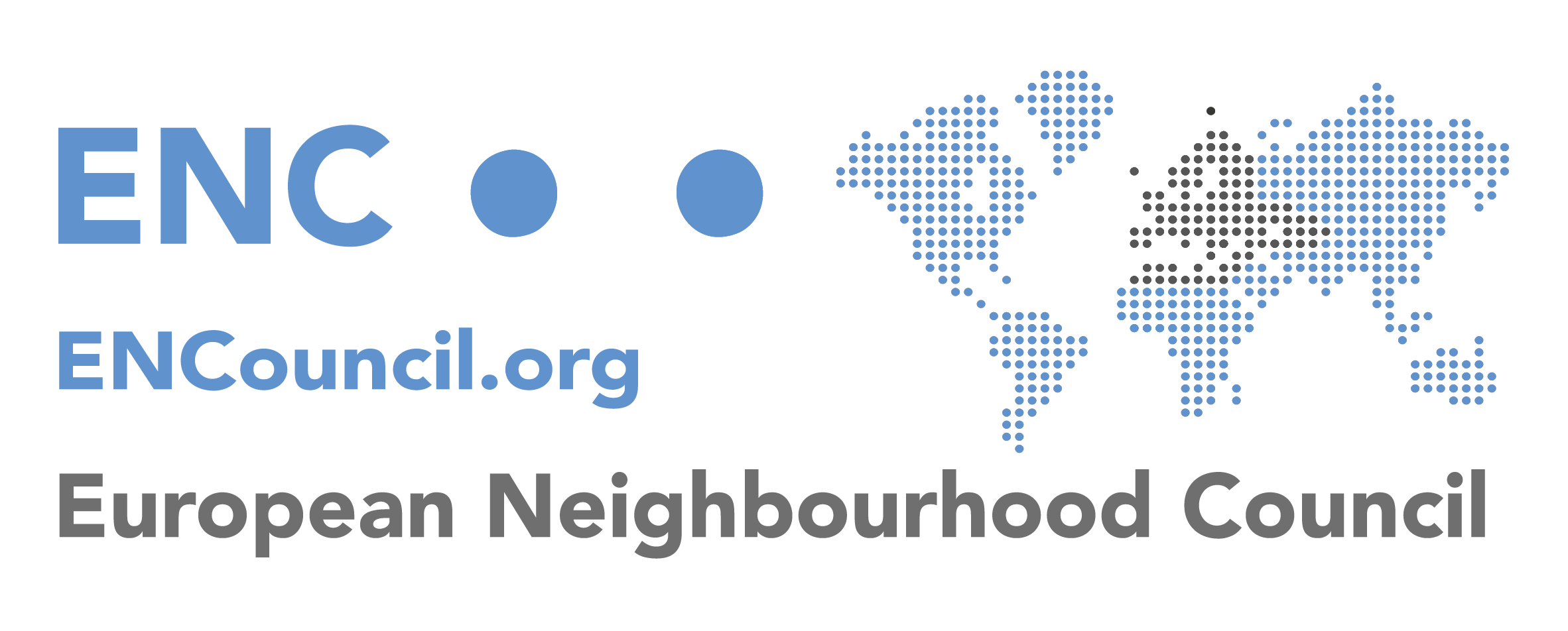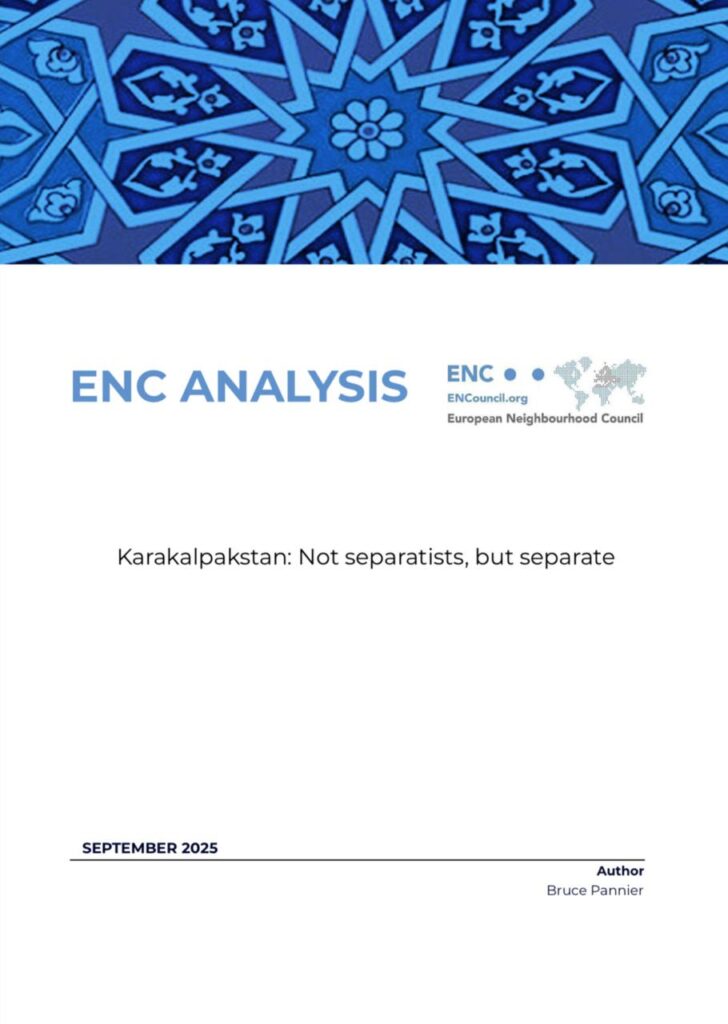
ENC Analysis
Words and Wires: Understanding Foreign Information Manipulation and Interference (FIMI) and Why It Matters for the EU and Türkiye
The European Neighbourhood Council (ENC) has released its new analysis titled “Words and Wires: Understanding Foreign Information Manipulation and Interference (FIMI) and Its Significance for the EU and Türkiye”
The article is authored by Asuman Kubra Bas, Head of Projects and Research at ENC.
This paper examines Foreign Information Manipulation and Interference (FIMI) as a growing hybrid challenge for the European Union and its partners, including Türkiye. Drawing on the EEAS FIMI Threat Reports, open-source investigations, and new data on coordinated online behaviour, it looks at how such incidents unfold across Europe, the tactics used to carry them out, and their wider impact on both the EU and Türkiye. The paper ends with recommendations for building resilience through early coordination, behavioural monitoring, and closer cross-border cooperation within the new European Democracy Shield framework.
The full paper is available here.











